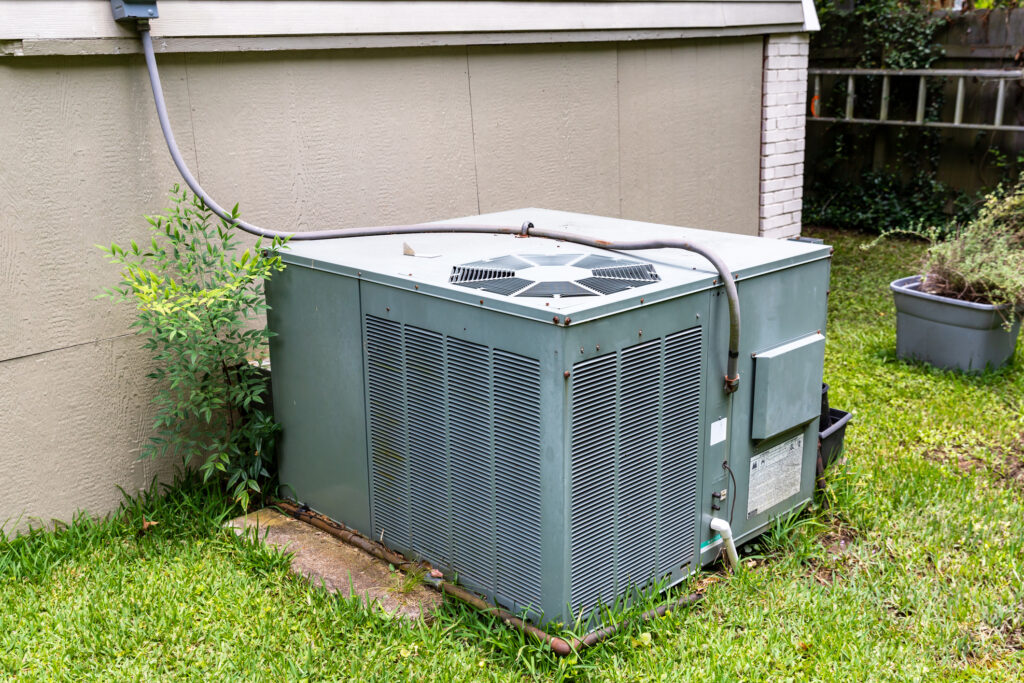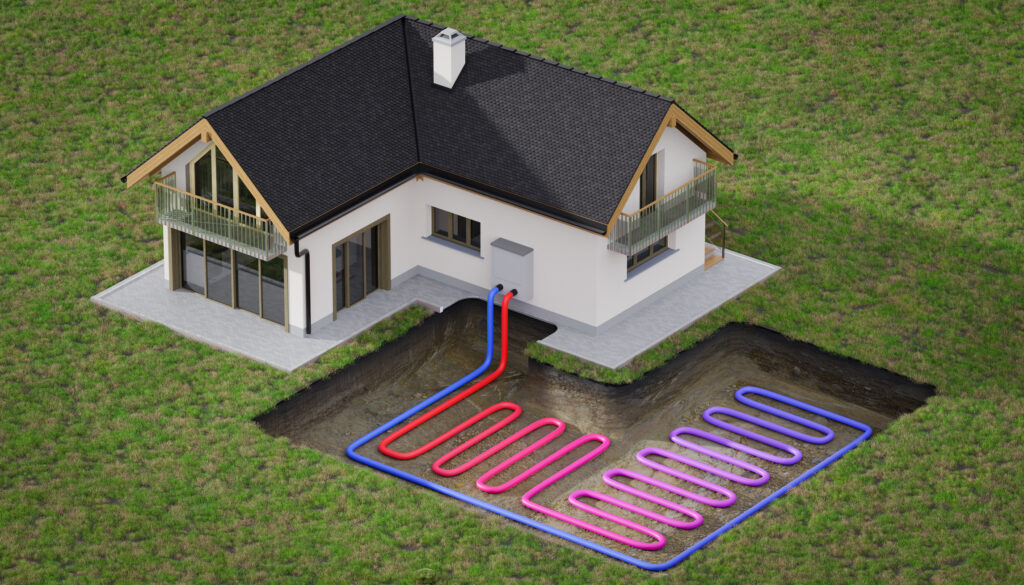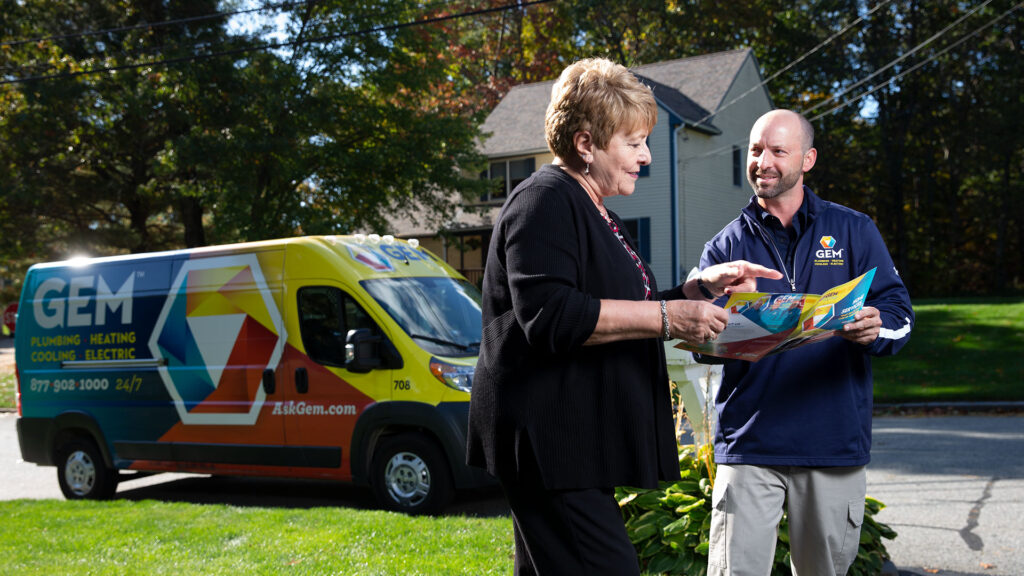Heavy rain and thunderstorms in the New England area can be so powerful that they can leave damage to both your home’s interior and exterior. After a storm has passed, all that rain is not yet water under the bridge– storm cleanup is on the horizon. It’s important to know what to check on, what can be handled yourself, and when you’ll need professional help.
Minimize any potential damages and brewing headaches by preparing for a rainstorm before it hits. This will ease the storm cleanup process!
Assessing Storm Damage
Before you start checking your home and yard for damage, make sure the storm has passed completely to keep safe.
What To Check On After the Heavy Rain
From the roof to your basement, be sure to investigate the following areas of your home:
- Window damage: Inspect your windows carefully for any cracks, loose glass panes, damaged frames, and water that got inside.
- Roof damage and debris: Check your roof for missing or broken shingles and any visible debris, as well as mold or rot.
- Clogged gutters: Check if your gutters have come loose or blocked with leaves and small branches.
- Water stains and damage on interior and exterior walls: Check for any damp patches on the inside or outside of your home over the course of a few days.
- Flooding in crawl spaces, basement, and attic: Inspect the crawl spaces underneath your home to see if any water has pooled, and check your basement for any flooding. If your attic has flooding, water may have leaked through the roof.
- Yard debris: Check your yard for any debris and damage to your outside belongings.
Once you’re finished inspecting your home for damages, it’s time to get things back on track and start your storm cleanup!
Storm Cleanup: Dealing With the Aftermath
Dealing with rainstorm cleanup can be a frustrating process, but knowing what you can manage yourself and what needs an extra pair of hands will lighten the downpour of stress.
Gutter Care
You can get straight to work by clearing your gutters of any leaves, twigs, or other debris that got stuck during the storm. Also, be sure to check the downspout for any clogs and blockages.
Fallen Trees and Branches
Your backyard barbecue will have to wait — clear your yard of any fallen branches that are small enough to discard, as well as twigs and leaves. While you’re checking your yard, stay safe and steer clear of collapsed trees and dangling branches; these will require professional removal.
When To Call the Pros
While initial inspections and small storm cleanup jobs can be handled yourself, you’ll want to call the pros for more severe post-storm circumstances, like:
Roof Storm Damage
After a storm, you may be left with missing shingles, debris, or mold and rot on your roof, or leaking into your attic. It’s best to call a professional to have a look so they can proceed to repair your roof and replace any broken parts.
Interior Water Damage
While leaks behind your walls may not be visible, their effects will be soon enough. If you start noticing musty odors, mold growth on walls and baseboards, staining, warped walls, and wallpaper peeling, call a professional as soon as possible to have a look and repair the issue.
Make sure to give the space underneath your home some love as well. A wet crawl space can cause mold growth, higher energy bills, and unwanted pests like dust mites –– definitely not welcomed guests. The best way to deal with this type of flooding is to have GEM install a sump pump.
Basement Flooding
We want you to get back to your basement entertainment as soon as possible, but for now, steer clear of the flooded area until a licensed professional has removed the home’s electrical meter from its socket. Otherwise, you and your family can risk electrocution.
A sump pump is a basement flood’s worst enemy. If you have one installed and your basement still flooded after the downpour, your sump pump may be defective and require a replacement.
You’ll also want to make sure your downspouts are pointed away from the foundation of your home and inspect the foundation for any cracks. Once your basement has been pumped out, have an electrician evaluate the damage to your electrical system to get your basement movie marathons back on schedule.
If you’re dealing with a severe basement flood, or if you experience frequent flooding when it rains, it’s best to call a professional to clear the flood and find the source of the recurring issue.
Downed Power Lines
If your electricity goes haywire during the rainstorm, make sure to practice power outage safety protocol to keep you and your family secure. After the storm has passed, steer clear of downed power lines and contact your utility company to make sure they’re on the job to restore your power.
Remote Assist
Looking for assistance? We can lend a virtual helping hand by connecting you with one of our Remote Assist experts. We’ll walk through your home with you and discover any damages or problems right over video chat! If you’re seeking help in the New England area, GEM would be happy to aid in your storm cleanup efforts.



